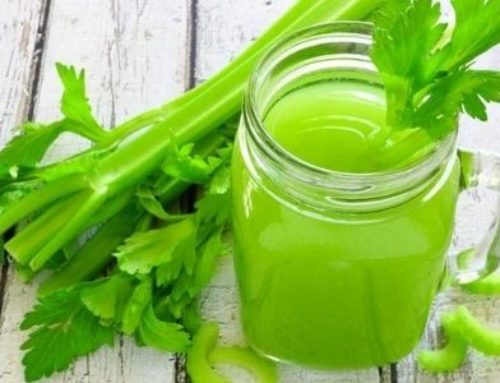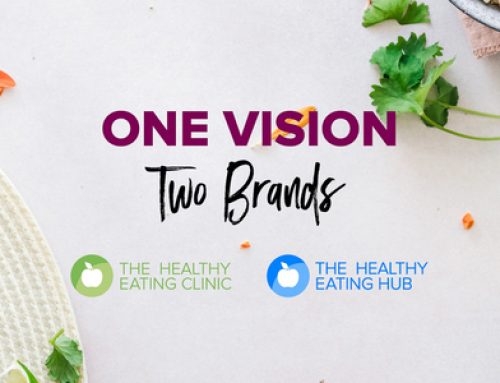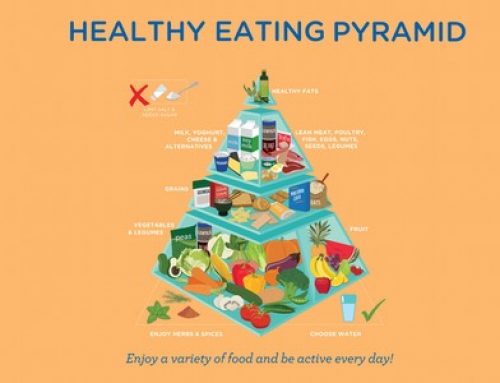 What is it about that simple, brown, boring looking little block that makes people fall all over themselves?
What is it about that simple, brown, boring looking little block that makes people fall all over themselves?
Seriously! Chocolate, could take over the world if it wanted – it has so much control! The effect it has on us seems to be quite profound.
I have heard that some people “can’t live without chocolate” or are “addicted to chocolate”. Others are “in love with chocolate”, are in a “serious relationship with chocolate” and it “beats any man”. For some, chocolate is “better than sex” and still others find that “no matter what happens, chocolate will make it all better”. My personal favourite is: “It’s that time of the month and if I don’t eat chocolate, I will kill my husband!”.
Whether chocolate is an occasional treat, a regular occurrence or just part of your menstrual cycle, most people would agree that there is something about that simple little decadence that has us all in a trance. I’ll be the first to admit that I have, on occasion, found myself sitting on the lounge at night thinking “gosh… I could go some chocolate”, and eaten more than my fair share for no good reason at all except that I’m really enjoying it and it tastes so good.
Research tells us that chocolate is the most commonly craved food and is considered one of the favourite foods to be consumed during emotional eating.
So what’s the deal? Does chocolate contain some mystical ingredient that enslaves us upon consumption? Is it really addictive or are we simply making excuses for our distinct inability to say “no”?
The History of Chocolate
Cacao (the dried, partly fermented seeds of the cocoa plant) has been used by many cultures throughout the world for close to 4000 years. However, it wasn’t used in confectionery until 1828 and commercially produced as ‘chocolate’ until 1847. Milk chocolate was then invented by the Swiss in 1876. It’s been with us ever since.
Health Benefits?
Over the years there has been much talk over the antioxidant properties of chocolate and debate over it’s overall health benefits.
In truth, cocoa contains more than 200 compounds thought to be beneficial to human health. Of greatest interest are polyphenols and in particular flavanol. Cocoa has the highest flavanol content of all foods on a per-weight basis. Flavanols are powerful antioxidants that have beneficial effects on blood clotting, protection from damaging chemicals (free radicals), the immune system and many other body systems.
Unfortunately, the high sugar and fat content of chocolate overshadows these heart protecting compounds and in the current climate of obesity, health professionals are hesitant to make recommendations promoting regular consumption of such a calorie dense food. Put simply, the negatives of regular chocolate consumption outweigh the positives. In saying that, I’m a great believer in balance and so the occasional indulgence will not do you any harm.
It is also important to note that a large proportion (up to 75%) of the antioxidants present in the cocoa bean are lost during processing.
New innovations are under way looking to decrease the amount of flavanols lost during processing and to decrease the sugar content of chocolate without affecting the flavour and texture.
Why Do We Like Chocolate?
Chocolate is good for a number of reasons:
Humans are born with innate food preferences, one of those is for sweet foods and another is for creamy textures or the “mouth feel” of fat. Sugar makes food taste good and fat makes food feel good. Chocolate satisfies both these preferences. Add this to a pleasant aroma and distinct flavour and you get a sensory experience like nothing else.
Another way humans come to prefer certain foods is through situational experiences. Our brains make the connection between foods and the situation around that food. Foods enjoyed in good circumstances are obviously more highly preferred than foods experienced during negative circumstances. More often than not, when you first started eating chocolate it was centered around an enjoyable time or memory.
Myth or Truth?
- Eating chocolate is the same as having sex.
Myth. Phenylethylamine (PEA) is the chemical that has been dubbed by the media as the “love drug” and is what supposedly makes chocolate a “sex substitute”. Although chocolate does contain this chemical, PEA doesn’t actually reach the brain if it’s consumed via the mouth and if it does reach the brain causes severe headaches and migraines.
- Chocolate is addictive.
Myth. Chocolate does contain the chemical, anandamide, an addictive drug-like substance. If we assume that this substance has the strongest possible potency of these kinds of chemicals, we would need to consume 25kg of chocolate in one sitting to feel even a remote ‘high’ and become addicted.
- Pre Menstrual Syndrome (PMS) causes you to crave chocolate.
Myth. Studies focusing on chocolate consumption over the menstrual cycle have found no connection between chocolate cravings and time of the month. This statement is purely anecdotal (dang it).
- Chocolate is a stimulant.
True. Only two components of chocolate are known to have effect in doses relevant to every day consumption and they are caffeine and theobromine (related to caffeine). Studies have found that the combined effect of both caffeine and theobromine in a 50g dark chocolate bar showed improvements in concentration, reaction time, energetic arousal and well-being.
The Verdict
Chocolate, although brimming with hundreds of different chemical compounds simply ticks all the boxes for an enjoyable food to eat. It really does just taste good and supposed “cravings” for it stem from other psychological reasons for eating it. Like using it as a reward or form of relaxation.
There is research to suggest that there is a difference between people who “crave” chocolate and those who don’t in how they respond to the sensory stimuli of the craved food. In other words the enjoyment of food is subjective and some people have a more pleasant experience with chocolate than others making them more likely to want the experience again.
For those people who feel “addicted” and regularly “crave” chocolate, giving in to these desires usually results in negative feelings of guilt and self-loathing rather than the anticipated feelings of euphoria and well-being that they supposedly wanted.
One researcher summed it up like this:
“Chocolate cravings are the result of an unhealthy relationship with the food, resulting in attributions displayed as newspaper and magazine headlines such as “chocolate is addictive”, “Why the lady loves C6H5(CH2)2NH2,” etc. Therefore, the alleged craved-for chemicals are merely myths.”
My advice: When enjoying chocolate, be mindful of the reasons why you are eating, exercise smart portion control and ensure you enjoy a healthy balanced diet overall. Happy eating :)
PS: I did enjoy a Cadbury Mint Bubbly while writing this article. Just thought I’d be honest ;)
If you’d like further help with your nutrition please click below:
References:
- American Journal of Clinical Nutrition 1994, Vol 60 (Supplement), page 1060.
- Critical Reviews in Food Science and Nutrition 2009, Vol 49, page 299–312.
- European Journal of Neuroscience 2007, Vol 26, page 1067–1076.




